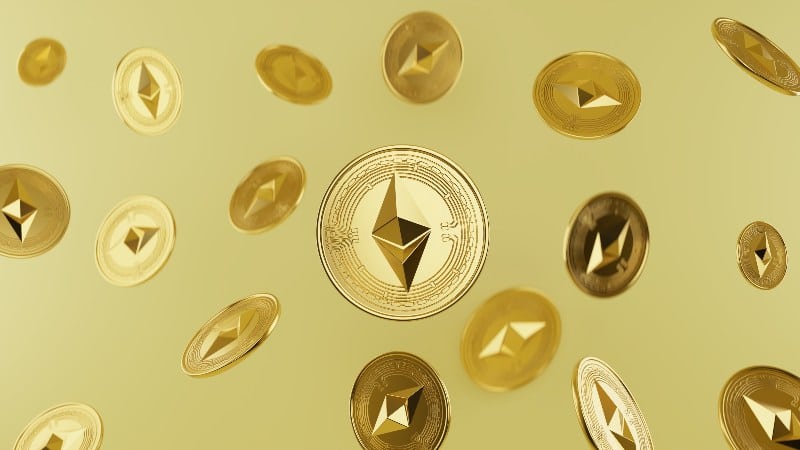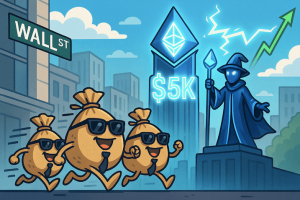A few days ago Ethereum developer Tim Beiko shared two proposals from Ethereum co-founder Vitalik Buterin to create a new format for transactions on Ethereum to reduce fees on rollups.
After @lightclients, @VitalikButerin had two proposals he shared about how we could reduce transaction costs on rollups. Both introduce a new transaction type which contains a blob of data, a bit like a “mini chunk of shard data”.
— Tim Beiko | timbeiko.eth
(@TimBeiko) February 4, 2022
Vitalik Buterin’s proposals to reduce Ethereum’s fees
Buterin’s proposals introduce a new type of transaction that contains a blob of data, as if it were a “mini chunk of shard data”.
The first proposal aims to minimize the changes that need to be introduced to make it supportable by EL clients.
The idea proposed by Buterin is to create a new format for “blob-carrying” transactions, i.e., those that contain a large amount of data that cannot be accessed by running EVM. This new format is designed to be fully compatible with future Danksharding specifications.
Buterin makes it clear that he believes rollups are in the short to medium term, and probably in the long term as well, the only reliable scaling solution for Ethereum. He says that fees on the basic Layer 1 have been very high for months, so much so that there is an urgency to move to ecosystem-wide rollups, as these are significantly reducing fees.
He cites Optimism and Arbitrum as examples that reduce fees by about 3-8 times, but argues that even these fees are too expensive for many users.
For Buterin, the long-term solution to the problem is horizontal data partitioning, whereby about 16 MB of data space could be added in the single block for rollups to use.
However, this is a solution that will take a long time to implement, so he proposes a new EIP that provides a buffer solution.

The second proposal starts from the first one, but adds more work to be done to get closer to something compatible with full sharding.
As of now, what Buterin is proposing are only two proposals still under discussion, but his personal prestige and reputation could play a key role in the decision-making process that could lead to their implementation.
Hard fork and transactions on Ethereum
The hypothesis under discussion is to implement them with the Shanghai hard fork, initially scheduled for late 2021, and then postponed to 2022.
It is worth noting that after the introduction of the London update that burns a part of the on-chain fees, the average cost per transaction has increased and has not yet returned to previous levels. For example, in July 2021 the average fees per transaction were just over $2.5, while now they are still close to $20.
The post Vitalik Buterin: two proposals to reduce Ethereum fees appeared first on The Cryptonomist.























